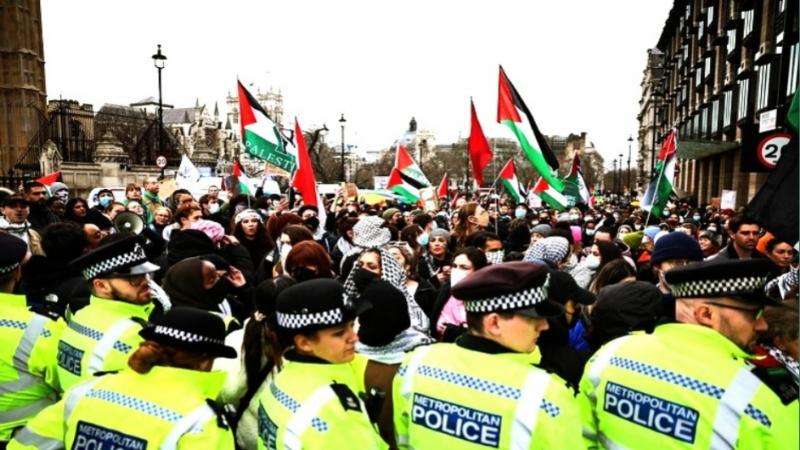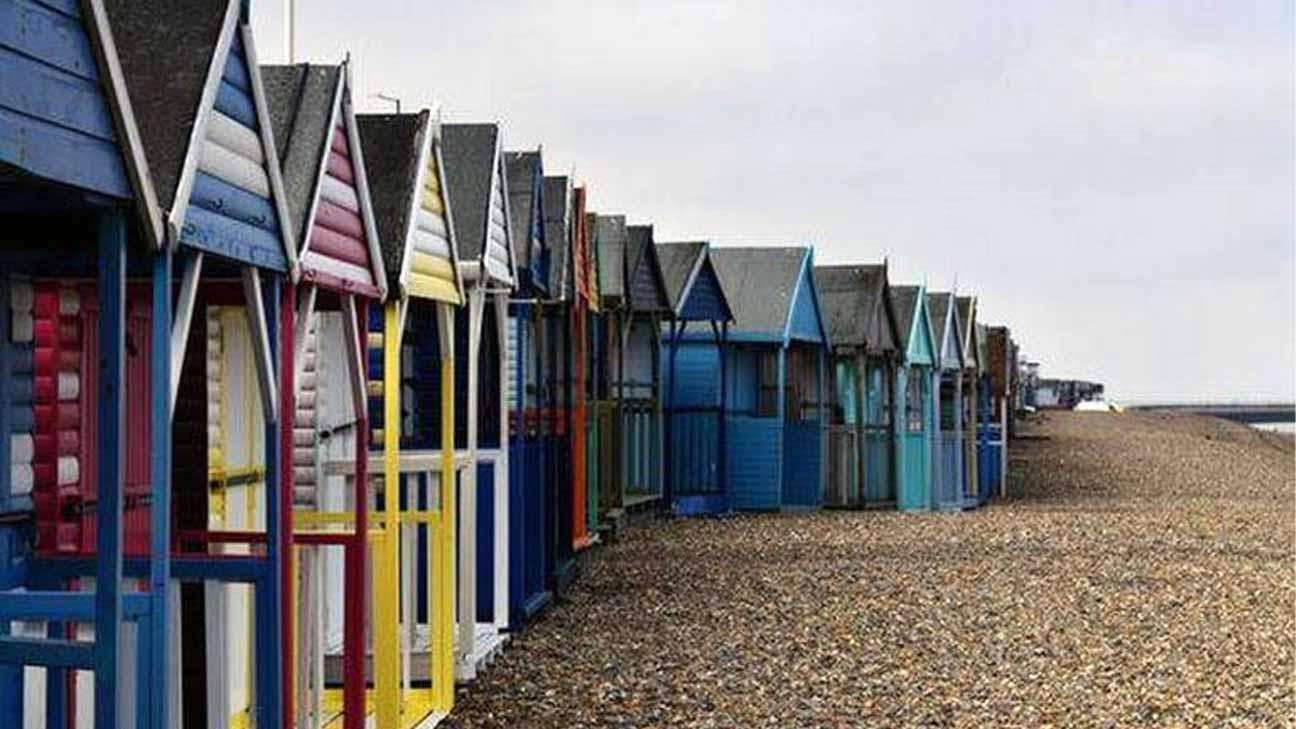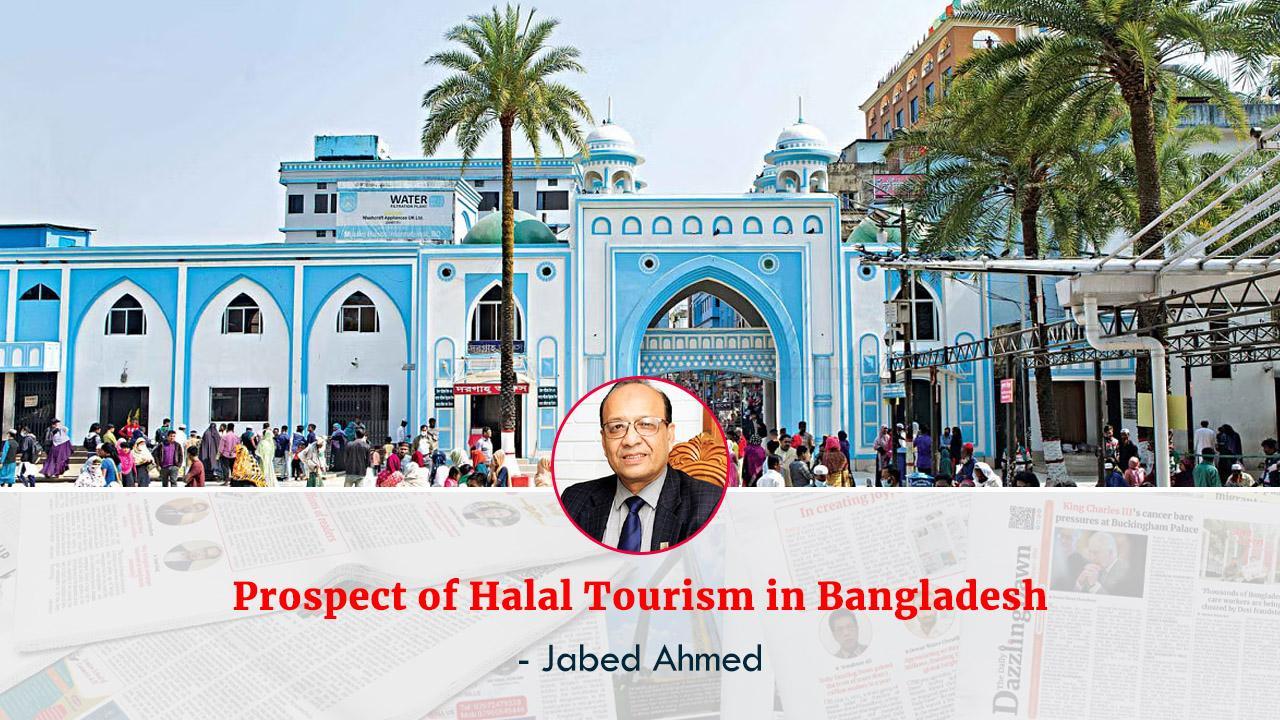Bangladesh is one of the largest Muslim countries in the world. Eighty percent of Bangladeshis are Muslims. It is evident that, Islam has played a significant role in the socio-cultural lives in Bangladeshi society. The social value, norms, and culture are deeply influenced by Islamic principles and teachings. The country has huge tourism potential with the longest Sea beach in the world, architectural heritages, natural beauty and diverse culture. Bangladesh boasts a wide range of tangible and intangible heritages, some of them are recognized by UNESCO as world heritage sites. Bangladesh hosts the annual Biswa Ijtima, the second largest congregation of the Muslim devotees after Hajj in Mecca with peace and tranquility. Food and culture which are forbidden in Islam can hardly be seen in Bangladesh. Against the backdrop of the present socio-cultural landscape, this country can be an ideal destination for Muslim travelers especially who adhere the Shariah order.
Shariah based tourism or halal tourism is a specialized type of travel that adheres to Islamic principles and guidelines, ensuring that the needs and preferences of Muslim travelers are accommodated which include Muslim friendly environment, accommodation, food as well as financial activities too. It encompasses a range of services such as halal- certified food, prayer facilities, and separate swimming and leisure areas for men and women. Halal tourism is considered as one of the fastest-growing segments of tourism, apart from the Muslim countries, many non-Islamic countries are showing their interest in Halal Tourism as well because of its progressive and flourishing market. With a growing Muslim population that is increasingly affluent and well- traveled, the demand for such tailored services has risen substantially. In recent years, the GCC countries—namely Saudi Arabia, Kuwait, the United Arab Emirates, Qatar, Bahrain, and Oman—have emerged as significant players in the halal tourism market, both as source and as destinations offering an array of halal-compliant services.
GCC halal tourism market is primarily driven by the expanding middle-class Muslim population with high disposable incomes. Additionally, governments in the GCC region are actively investing in tourism infrastructure and promoting their countries as ideal halal travel destinations, thereby attracting a significant share of the global Muslim traveler spending. In line with this, the rising trend toward digitization and online booking platforms, specifically tailored for halal tourism, has streamlined the booking process, making it more convenient and accessible, thereby supporting market growth. Furthermore, a heightened sense of cultural and religious awareness among Muslim travelers is augmenting the demand for more faith-based services. Indonesia and Malaysia are the top destinations for Muslim Travelers in the MasterCard Crescent Rating Global Muslim Travel Index (GMTI) 2023. According to the GMTI, Muslim International arrivals hit 110 million in 2022 and are forecast to reach 140 million this year. By 2028, Muslim arrivals are expected to reach 230 million, with projected expenditure of $225 billion. Currently, Asia leads the way for arrivals, with more than 31% of all travelers to this region identifying as Muslim.
In Bangladesh, there are numerous beautiful and historic mosques, some of which are architectural marvels built in the Mughal or Sultani era with the direct financial support from the emperors. Kusumba mosque, Sona masjid, Sixty Dome Mosque are the example of historical mosque which are already declared as the archeological sites by the competent authority of Bangladesh. These are maintained by the archeological department of Bangladesh. Amongst them the sixty Dome Mosque with other local Mosques and Shrine is being declared a world heritage site by the UNESCO. Thousands of Muslim worshippers visit these sites round the year to see the architectural beauty and to say their Salah in the historical mosques.
Apart from the mosques, Bangladesh has a good number of shrines around the country where people come to worship, usually because of a connection with a holy person or a mysterious religious event or object. Khan Jahan Ali Mazar in Bagerhat, Shah Makhdum Mazar in Rajshahi, Shah Jalal and Shah Poran Mazar in Sylhet are the popular destinations for thousands of worshippers. Accommodation and hospitality services are developed significantly centering the shrines. Visit to a shrine is known as a Ziarah tourism which is very popular in Kazakhstan and Uzbekistan. Ziarah is an Arabic term which literally mean visit and used to refer to a form of pilgrimage to sites associated with Prophet Muhammad SAW, his family members and descendants, his companions and other venerated figures in Islam such as the prophet Sufi saints. Millions of Muslim devotees used to visit those countries for Ziarah tourism from across the world. In Bangladesh, the Shrine of Hazrat Shah Jalal has become a place of pilgrimage of hundreds of devotees who come to the Shrine in their droves from all over the country. It has been six hundred years since the saint was laid to rest, but his memory and a love for him has been passed down from generation to generation and he is as admired today as he was still alive. The story is almost similar for every shrine in the country.
The Bishwa Ijtima is an annual gathering of Muslims in Tongi, by the banks of the river Turag, in the outskirts of Dhaka. It is one of the largest peaceful gatherings in the world. Thousands of devotees from home and abroad – including India, Pakistan, Saudi Arabia, the UAE, Syria, Chad, Tajikistan Turkey, Afghanistan, Palestine, the UK, and the US – throng the bank of Turag to listen to scholars reciting and explaining verses from the Quran and to renew their commitment to Islamic values.
It is worth mentioning that the Halal Tourism is not only connected to Mosques or Shrine. Muslim tourists who are strictly adhered to the Sharia order use to join every form of tourism where Sharia law is practiced properly. Halal food, Prayer facilities, ablution area with sufficient water and separate amusement facilities for men and women are available.
Festivals of a community or a country can also be considered as one of the core attractions for the foreign tourists. Eid-al-Fitr and Eid-al-Azha are the two biggest festivals in Bangladesh which are celebrated very colourfully from decades where joy and happiness of Eid are spread to all the citizens of the country regardless of their religion.
The present government of Bangladesh has been constructing a total of 564 “Model Masjid and Islamic Cultural Centers” at a cost of around US Dollar One Billion at all the Divisional, District, and Upazila levels across the country. In the “Model Masjid and Islamic cultural centers” there will be separate places for ablution and Prayers with central air-condition systems, Registration and Training arrangements for hajj pilgrims, Imam training center, research and Islamic library, autism corner, ritual system for burial, car parking facilities, hifazakhana, pre-primary education and Holy Qur’an learning arrangement, conference room for Islamic Cultural activities and Islamic Dawwa, Islamic books sale center and boarding facilities for local and foreign guests The establishment of the model mosques will contribute to religious tourism in Bangladesh, attracting visitors, tourists both domestic and international, who are interested in experiencing the country’s Islamic heritage and architecture.
With strategic planning, investment and collaboration, Bangladesh has the potential to emerge as a leading destination for Halal Tourism, offering authentic cultural experiences, and world class hospitality to Muslim travelers worldwide. Training should be provided for tourism industry professionals on Halal Tourism standards, cultural sensitivity and Customer service. Bangladesh Tourism Board and the Islamic Foundation can work together and launch effective targeted marketing campaigns highlighting Bangladesh’s Halal friendly offerings globally to introduce the country as a Halal friendly destination for domestic and foreign tourists both.
---
Author: Former Chief Executive Officer of Bangladesh Tourism Board








.svg)
